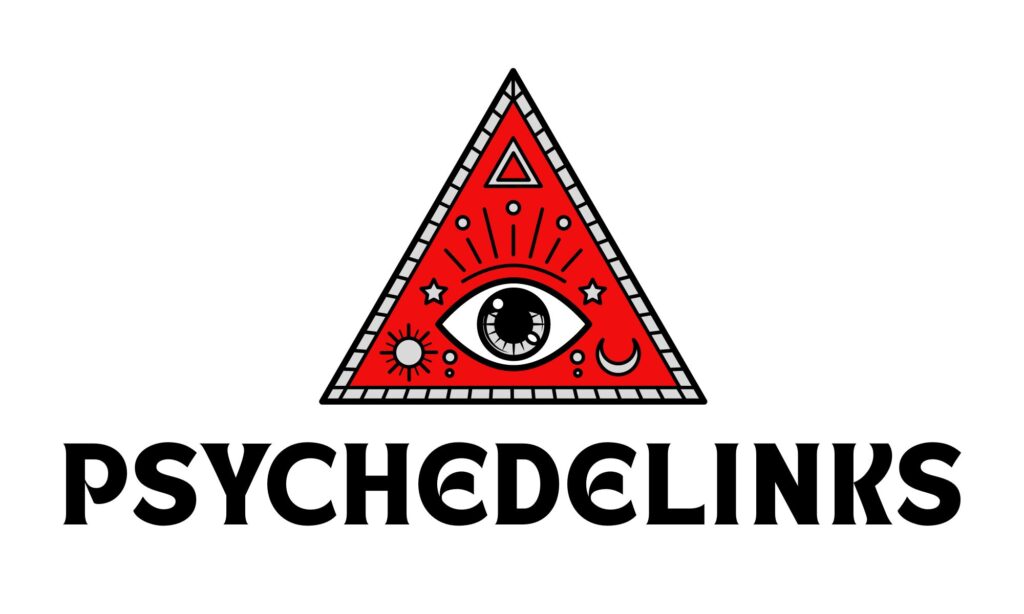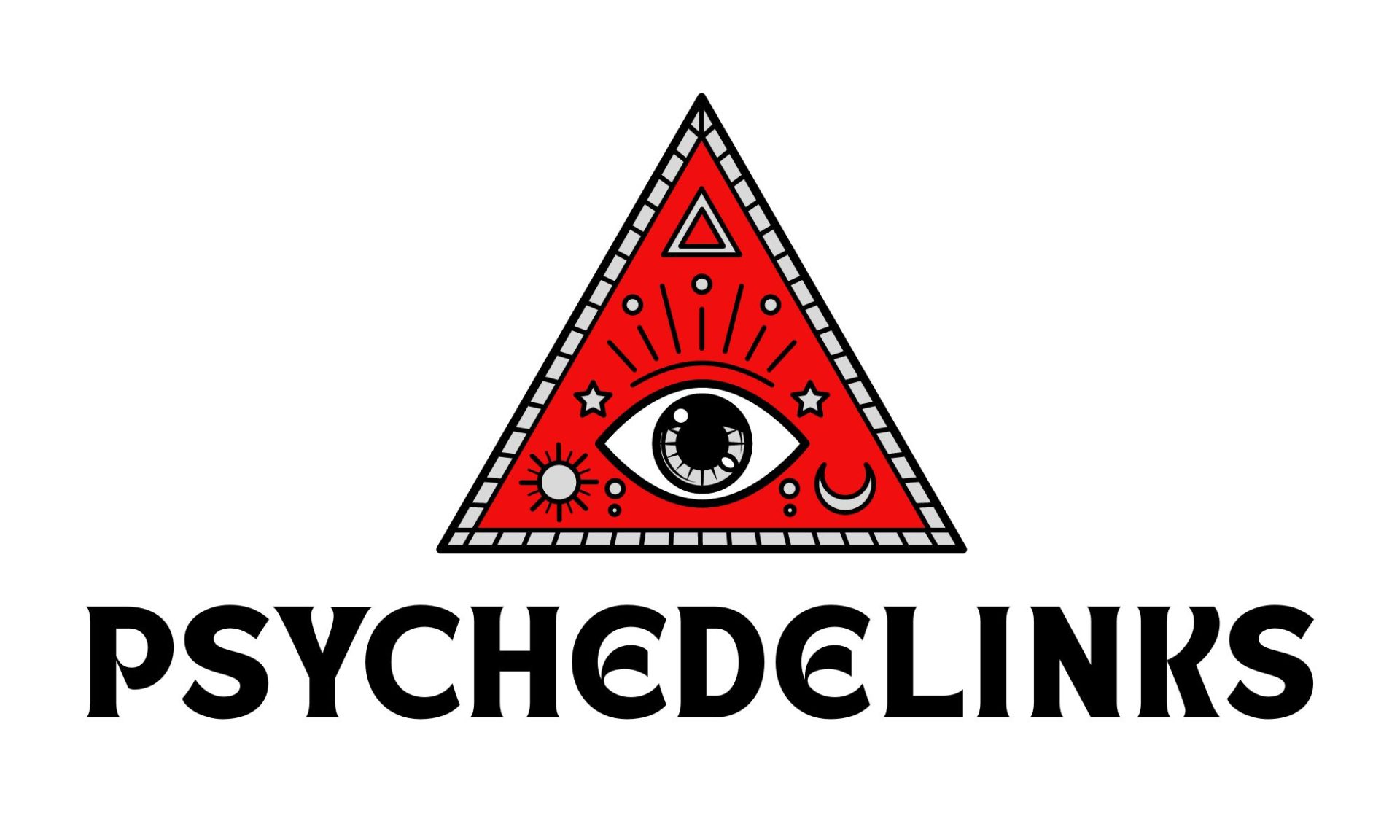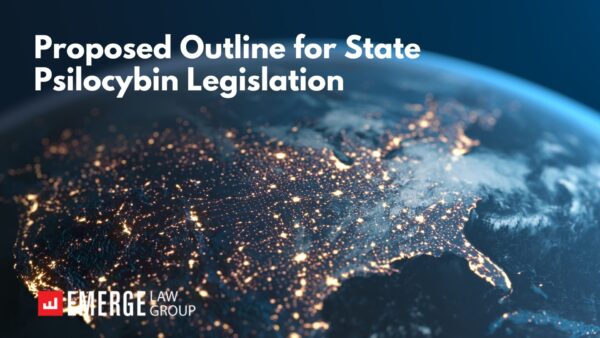PsychedeLinks is a curated selection of top news stories impacting business, research, and culture in the psychedelics ecosystem, crafted by Emerge Law Group’s groundbreaking Psychedelics Group.
Emerge’s Hot Take
Will Your Health Insurance Providers Cover Psychedelic-Assisted Therapy?
The American Medical Association (AMA) recently approved insurance billing codes for psychedelic therapy, categorizing them as a Category III Current Procedural Technology (CPT) Code. Category III CPT codes are reserved for temporary codes and primarily utilized to track the use of new and evolving treatments and technologies. The new codes, which will become effective in January 2024, represent an important step in the advancement of psychedelic therapies in the US, as the codes allow healthcare professionals to bill a patient’s insurance for psychedelic treatments the provider may prescribe. However, the use of the codes does not guarantee that insurance companies will agree to cover the billed services. Reluctance of insurance companies to cover such services stems from the fact that while legal or decriminalized in some states, the use of psychedelics remains federally illegal. Primary barriers to coverage are the categorization of psilocybin and MDMA as Schedule I substances under the Controlled Substance Act, and the lack of FDA approval for psychedelic therapies. The FDA has, however, given a “breakthrough therapy” designation to both MDMA ad psilocybin in certain medical cases, with experts projecting that full FDA approval of such therapies will be key to more widespread reimbursements.
“Insurance companies have a lot of influence over our health, and with our elected officials,” says Emerge Attorney Matt Brockmeier. “These new billing codes are a step in the right direction, but insurance companies still determine whether or not procedures and services are covered. Their cooperation and support is critical to ensuring that psychedelic medicines and therapies are accessible. And we are their customers. Not only have numerous clinical trials and thousands of years of human use in a variety of contexts demonstrated that these medicines are both safe and effective, studies have shown that they are actuarially cost-effective. While we should keep pressuring our elected officials to follow modern science and update the Controlled Substances Act and corresponding state laws, we also need to insist that insurance companies cover things like psychedelic assisted therapy.“
“Insurance companies have a lot of influence over our health, and with our elected officials,” says Emerge Attorney Matt Brockmeier. “These new billing codes are a step in the right direction, but insurance companies still determine whether or not procedures and services are covered. Their cooperation and support is critical to ensuring that psychedelic medicines and therapies are accessible. And we are their customers. Not only have numerous clinical trials and thousands of years of human use in a variety of contexts demonstrated that these medicines are both safe and effective, studies have shown that they are actuarially cost-effective. While we should keep pressuring our elected officials to follow modern science and update the Controlled Substances Act and corresponding state laws, we also need to insist that insurance companies cover things like psychedelic assisted therapy.“
Other Noteworthy News
Antidepressants May Diminish Psilocybin's Effects Even After Discontinuation
A new study published in the Journal of Psychopharmacology looked at interactions between certain psychedelics and antidepressants. Voluminous research has demonstrated that psilocybin assisted therapy can have rapid and powerful antidepressant effects, but these scientists studied how psilocybin interacts with antidepressants and other psychotropic drugs commonly prescribed to patients with depression and other mental health conditions. Previous studies have found that the use of SSRIs and SNRIs may weaken the acute subjective effects of psilocybin in some individuals. This study showed that the dampening effect can last for a significant period, long after stopping the antidepressants. The duration of these effects suggests that this change is mediated by something other than serum drug levels. The researchers suspect that it may be related to antidepressant induced changes in serotonin receptor density, which can take months or longer to return to normal levels after medication is discontinued.
Psilocybin For the Treatment Of Anorexia Nervosa
In another recent study, this one involving individuals with anorexia, German researchers showed that that psilocybin, coupled with psychological support, was safe and well tolerated. A single dose of 25 mg of psilocybin was given to 10 women between 18-40 years old who met the DSM-5 criteria for anorexia nervosa, an eating disorder that is notoriously difficult and costly to treat. The naturally occurring psychedelic was associated with reduced levels of anxiety and preoccupations surrounding food, eating, and body shape at the one-month follow up. Also, shape concerns significantly decreased at one month. Four of the 10 women had clinically significant reductions in eating disorder scores at three months, but researchers caution that the effects on eating disorder psychopathology were highly variable, and further research is needed.
California Ballot Initiative Proposes $5 Billion in Bonds for Psychedelics Research and Care
Last week, a group submitted paperwork to California’s Attorney General for the TREAT (Treatments Research Education Access & Therapies) California Act, a ballot initiative that would establish a new state agency to oversee and fund psychedelics research, infrastructure, and delivery. The initiative would allocate $500 million/ year for 10 years, to be provided through state bond sales. The types of research proposed by TREAT include studies on the efficacy of microdosing and psychedelic-assisted therapy as well as clinical trials investigating the use of psychedelic-assisted therapy to treat anxiety and depression, addiction, pain, suicidality, and PTSD in a variety of different populations. The initiative is being led by a team with prior experience in publicly-funded healthcare and research, including a 2004 California ballot initiative that netted in $3 billion in state bonds to fund stem cell research.
Psychedelics Can Unlock Learning Windows in the Brain
Researchers from Johns Hopkins Medicine showed in a new study (on mice) that psychedelics share a common ability to reopen such critical periods, but differ in the length of time the critical period is open—from two days to four weeks with a single dose. Critical periods have been demonstrated to perform such functions as help birds learn to sing and help humans learn a new language, relearn motor skills after a stroke and establish dominance of one eye over the other eye. Researchers demonstrated that multiple compounds - including ibogaine, ketamine, LSD, MDMA, and psilocybin - can reopen the “critical periods” of brain development in mice, making them more receptive to learning from their environment. The length of these reopened critical periods varies depending on the psychedelic drug used, ranging from 48 hours with ketamine to four weeks with ibogaine. “There is a window of time when the mammalian brain is far more susceptible and open to learning from the environment,” says Gül Dölen, M.D., Ph.D., associate professor of neuroscience at the Johns Hopkins University School of Medicine. “This window will close at some point, and then, the brain becomes much less open to new learning.” The scientists say their results suggest these drugs - some would say medicines - have the potential to treat a wider range of conditions, such as stroke and deafness, beyond those in current studies of the drugs, such as depression, addiction and post-traumatic stress disorder.
Subscribe
Subscribe to PsychedeLinks to receive essential biweekly articles on news, business, and culture in the psychedelics industry, delivered straight to your inbox.




